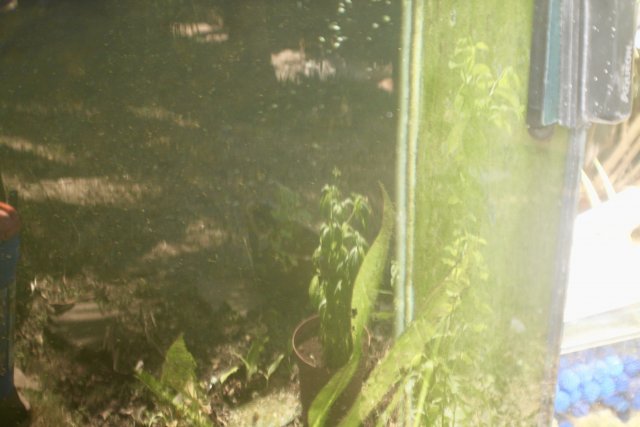Filtration does not reduce nitrate, and if they are not purged of gunk, actually help produce excess nitrate.
Nitrate is a direct result of metabolism.
You can reduce nitrate with the use of plants, but in order to do significant reduction, the plant mass needs to be larger than the fish mass.
I use Pothos plants in tanks, and emergent plants like papyrus in planted sumps, in tanks where the cichlids destroy aquatic plants..


These plants do "not" however reduce the need to do the frequent water changes needed to dilute nitrate, or especially when soft water, black water species are involved, get tannins into the water.
When leaf litter is not available, tea bags hanging in HOB filters, or bags of peat can be used. Just as high stress contributes to disease in humans, same with fish, and nitrate is just one of those factors.
I also like to encourage algae growth in places to help eat up nitrate.

You can seat covering this side panel above, Or rocks Put outside in old water changes water, and bring in and place in tanks







